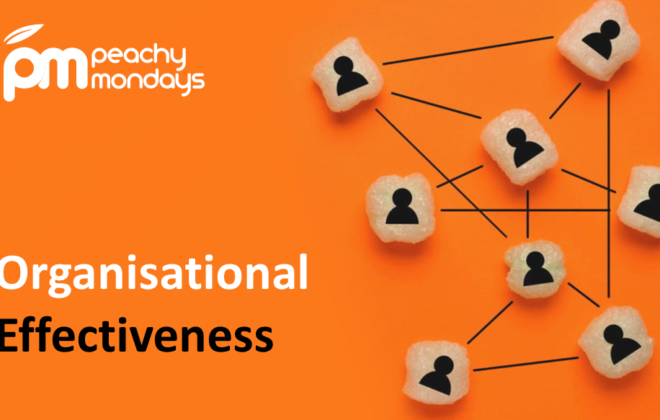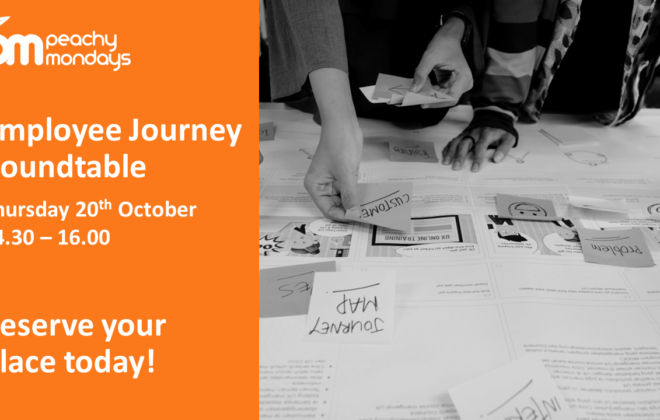6 Practical tips for remote working
Enforced remote working means that employers need to listen more. Employees will have concerns; for their family and friends, their own health, their job. Now is the time to keep employees connected to the organisation and each other.
The COVID-19 pandemic has forced organisations to find new ways of working. Millions of employees are working from home or away from their usual place of work. And while it’s not unusual for everyone, many people – and organisations – are finding it a challenging experience.
As a team with a global client base, we work remotely most of the time so we understand both the difficulties – and the opportunities – that it can bring. Here, we share some practical tips to make homeworking easier and more effective, including using communication and feedback tools to support and enable colleagues.
#1 Get the basics right
Make sure that employees know how to set up their workspace to optimise comfort and prevent physical strain or injury. For example, ensuring adequate lighting, that the PC or laptop is on a level surface, and that their chair is positioned so that the top of the screen is at eye-level.
Most of us have access to the internet at home but bandwidth can vary. We’ve noticed that the bandwidth of some of the external tools that we use to conference with colleagues and clients are stretched to their limit at the moment: the internet is creaking under the additional demand. Switching off apps that aren’t being used or turning off the camera will help improve the quality of calls.
#2 Structure your day
Just because an employee is working from home doesn’t mean that they should neglect breaks. Encourage employees to structure their day with a start and a finish time, with regular screen breaks and exercise in between. If they don’t have a dedicated workspace that they can shut the door on, tidying work away at the end of the day will help them to take a mental break from it.
#3 Communicate more, not less
Out of sight shouldn’t mean out of mind. Team meetings, 1:1 conversations and welfare calls are even more important when you can’t physically see how someone is doing. Many organisations already use online conferencing and meeting tools and many of the providers offer free access for limited numbers of users.
Continuing regular employee feedback and pulse surveys is important to ensure that employees feel listened to and supported. You might want to add some additional questions focusing on enablement and wellbeing to surface any issues that need to be resolved.
Reminding employees about existing assistance programmes as well as introducing ‘anytime feedback’ channels that employees can use to raise issues and ask questions can also be used to support wellbeing.
#4 Manage by outcomes
Managing individuals by what they achieve rather than inputs/working hours is more effective and engaging: Peachy Mondays’ own research certainly bears this out. And it’s a pertinent point to make here: be clear about what is to be achieved by when and then trust employees to deliver, tracking progress and providing support when required.
#5 Don’t forget the social aspects of work
We spend a lot of time at work and many of us have important social relationships and friendships there. Homeworking can be lonely and isolating, particularly if you live alone.
Opening up online team calendars so everybody can see when managers and colleagues are free to talk really makes a difference. Allow some time at the start of virtual team meetings for social interaction and catch-ups. Virtual coffee mornings where work chat is banned and using instant messenger apps like WhatsApp and Slack to set up groups can help employees to stay in touch and feel less isolated. If bandwidth allows, use cameras for 1:1s and meetings as an alternative to face-to-face meetings.
#6 Be kind
We are living in unusual times. Keep an eye out for colleagues and vulnerable neighbours. And, if a child unwittingly interrupts a phone or video call, be understanding of those who are juggling work and childcare. Take care.
Your people are your most valuable asset. Use employee feedback and other communication tools to nurture an ongoing dialogue with employees throughout the disruption. And take action to enable your employees’ wellbeing to thrive.
Peachy Mondays are experts in organisational development and employee engagement. Through their award-winning employee feedback platform, organisations are able to collect, understand and act on feedback, fast. To find out more about our next-generation surveys and pulses contact the team@peachymondays.com
Related Posts
Categories
- Case Study (13)
- Change and transformation (21)
- Connectedness (4)
- Culture (17)
- Design (10)
- Diversity and Inclusion (1)
- Effectiveness (16)
- Employee engagement (60)
- Employee experience (43)
- Employee Feedback (51)
- Employee Wellbeing (1)
- Events (10)
- Financial Wellbeing (1)
- Happiness (4)
- Internal Communications (10)
- News (24)
- Onboarding (1)
- Organisational Effectiveness (18)
- Uncategorized (3)




